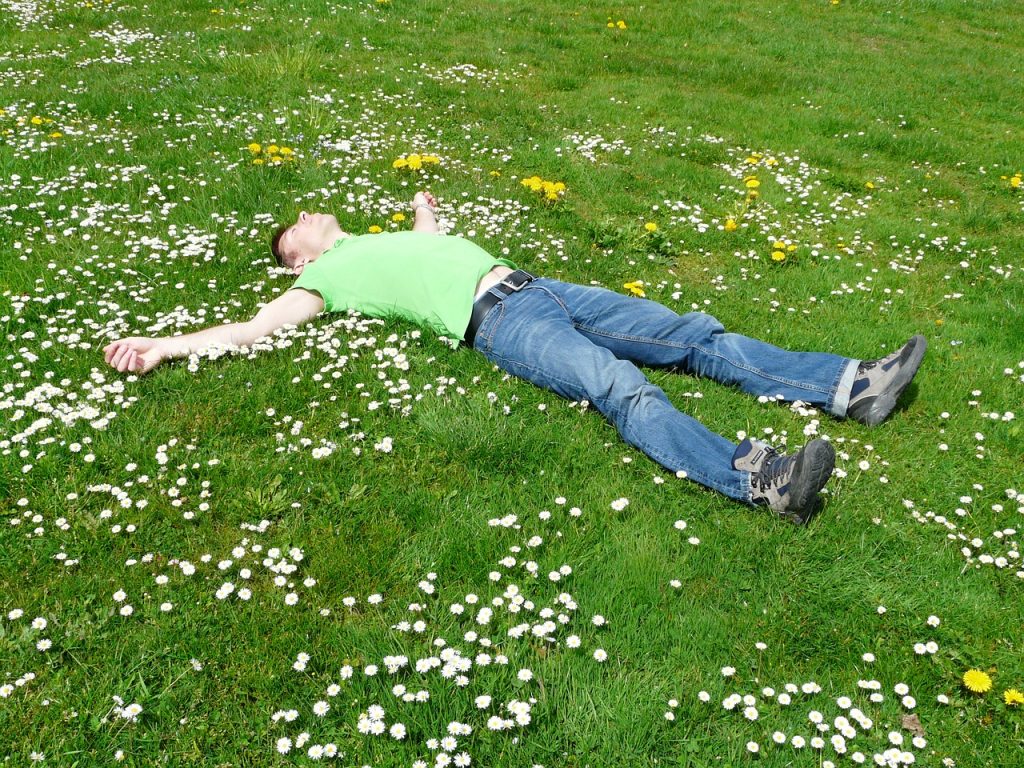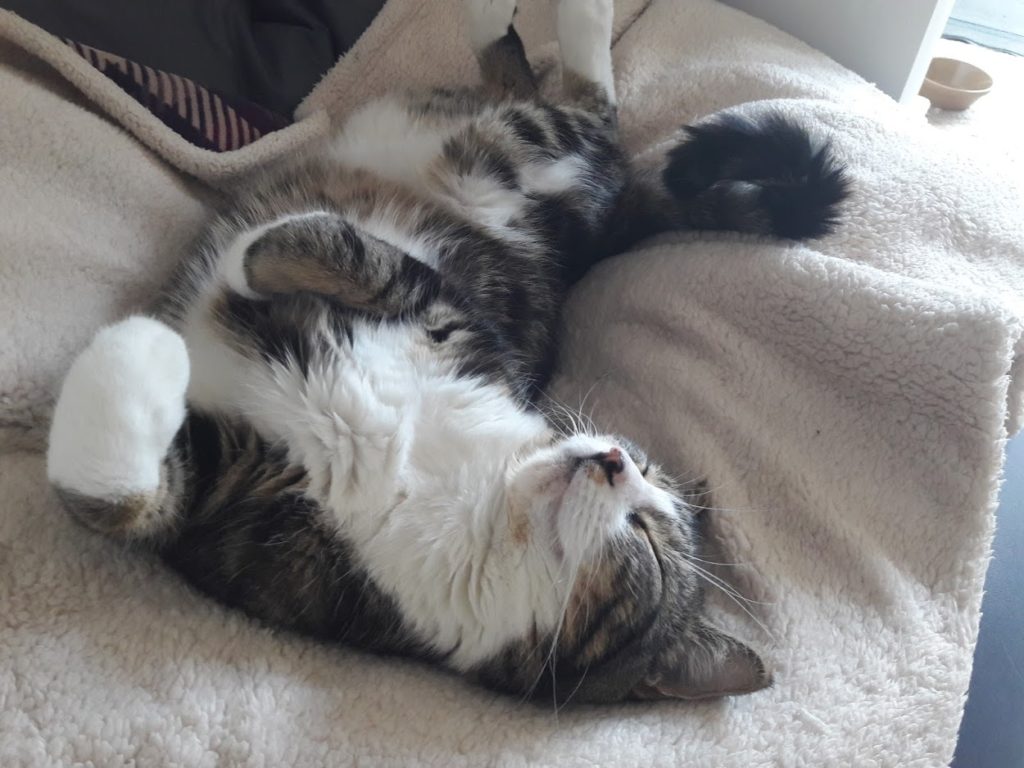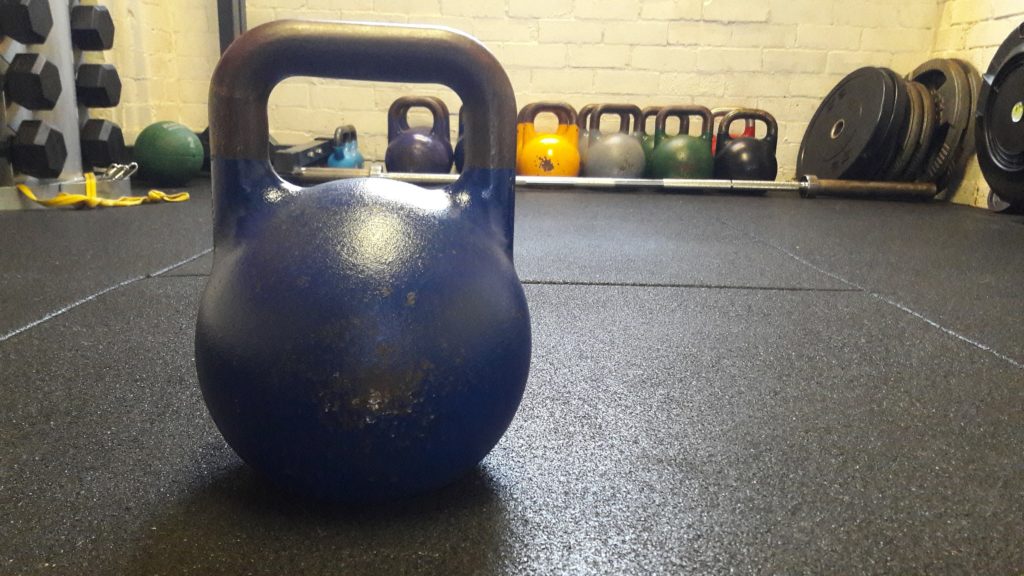
rest and recovery are underrated
There has (quite rightly) been a massive amount of energy and column inches expended on the initial response to this Coronavirus and the acute medical problems that it throws up. Huge temporary hospitals have been set up, current ICU wards have overflowed to newly set up specialist areas and those on the front line are working some ridiculous hours in not-ideal situations in order to keep people alive.
As a physio who is not up to date with skills to assist on the front line, my thoughts recently have turned to the problems that will come after the acute infection. What then?
People don’t come out of hospital jumping around and generally being healthy all of a sudden. What are the things you need to be considering as a patient, or as a health professional, or indeed, as a trainer who might be seeing former Covid-19 patients in a gym setting at some point down the road?
The initial thing to say is – as ever- it depends… (ah, ever the get out clause). But it does indeed depend. Some people will only get mild symptoms from this virus. They might be a little tired afterwards, but it will be fairly mild. From there, we have the whole gamut, right through those who have ended up with pretty nasty viral pneumonia and down into those who were in ICU for a significant amount of time, pulled through, but might have come out with “post intensive-care syndrome”, which is, by all accounts fairly nasty, and might be slightly beyond the scope of this blog.
No matter where in the spectrum you might fall, one thing is for certain, you won’t have been your usual bubbly effervescent self for the past few weeks. You may well have spent a significant portion of your time lying down, maybe not breathing especially well. Your lung capacity might be a lot lower than it was, your exercise capacity is certainly going to be compromised and you may well have continued viral fatigue.
We still don’t know the full scope of symptoms or post viral symptoms that people are having, so I’m afraid you might have to end up playing it by ear – however, let’s go through some fairly generic and basic rehabilitation guidelines for the moment:
Point 1:
You’re probably more screwed up than you think. If you’ve had *normal* pneumonia it can take up to 6 months to get back to “normal”- heck, it takes 6 weeks to get over the cough – and after 3 months you might still be feeling more fatigued than you would doing fairly unchallenging stuff.
With that in mind, be aware that this may well be a long road.
Don’t worry if you aren’t making the progress that you think you should be making. Make progress at the rate your body decides is a good rate, not the rate you think you should be going at.
Point 2:

Sorry, I don’t have any relevant pictures to hand, so have a pic of Hobbes instead.
Detraining can happen pretty fast. Even if you’ve “only” been out of action for 2-3 weeks, you’re still going to be feeling the effects of detraining. It is possible to lose up to 30% of muscle mass in the first 10 days of bed-rest- a scary fact, and one that isn’t going to change if you try to get out of bed sooner than you are ready. Be aware of this effect and deal with it appropriately – you are going to be weaker, not just because you feel weaker, but because of actual de-training. Aerobic capacity can significantly fall, especially if bed-rest is associated with pneumonia. All that consolidation (colloquially known as “crap”) in your lungs is NOT going to be conducive to having good lung capacity. Not only that, but bones will not be as strong and robust, so getting straight back to running and jumping around is not going to be a good idea.
What can we do?
Exactly – Focus on what you CAN do.
The main idea of rehabilitation should be shouted out loud in this context – and for me, it is the Goldilocks rule.
Don’t do too little.
Don’t do too much.
Just the right amount of rehab is just right.

Don’t do too little. Don’t do too much.
How do we know what that is, and what is it that we should be focusing on?
Aha – these are indeed key questions. Let’s look at the first one first.
How much is “Just right”?
If you want the trite answer- it’s just less than “too much” and a bit more than “too little”.
Trying to prescribe precise amounts is going to be nigh on impossible, simply because of the vastly different people with different symptoms that are going to read this.
If you do some exercise and it wipes you out for more than 24 hours, I’d say you’ve done too much, if you haven’t done any exercise for 48 hours, you’re doing too little.
That might give you some parameters to play with.
What to do?
Here are some key areas to think about in terms of getting back to health:
- Breathing/ lung capacity (especially important if recovering from pneumonia)
- Muscle strength
- Bone health (not too much impact to begin with – but build it up)
The overall thought is this: (nicked direct from Athletics Weekly – link at the bottom of the page)
“For many people with COVID-19 infection it appears that the illness improves over the course of a week. It can however get worse at that time and thus we recommend taking at least 10 days of complete rest from strenuous exercise (and rest for at least 7 days from when your symptoms stop)“.
Point 3
There may be some in the population who have had a severe reaction to Covid-19 who end up with post viral fatigue. I don’t know if this might be more common, or less common, but it is worth being aware of. This is characterised by a massively reduced ability to tolerate Aerobic exercise.
At this stage we don’t know if this will occur with post viral symptoms. We know that it happens with Chronic Fatigue Syndrome and ME, and it would seem that Graded Exercise Therapy is not a great way of treating it. From the research/ anecdotal evidence that I have seen, it seems that working away from aerobic capacity and more into short interval training may well be the best way of working with this issue – with no more than 20 mins of exercise per 1 hour of time. This is quite a large area of research with a number of confounding issues which is probably a bit more depth than I want to go into here – however, there is another link at the bottom of the page directing you towards the ME association which has links with Post Viral Symptoms as well.
Main point:
If you are finding that your post viral tiredness is lasting longer than you anticipate, for the moment, the best advice is to understand that it might well have taken more out of you than you think… don’t underestimate the importance of rest and recovery.
If you are interested in specifics on what do actually do in your recovery drop us a line.
Impact of extended bed rest in critical care : https://www.ncbi.nlm.nih.gov/pmc/articles/PMC4600281/
Athletics weekly:
https://www.athleticsweekly.com/performance/expert-advice-coronavirus-guide-for-athletes-1039929061/
ME association: https://www.meassociation.org.uk/about-what-is-mecfs/




